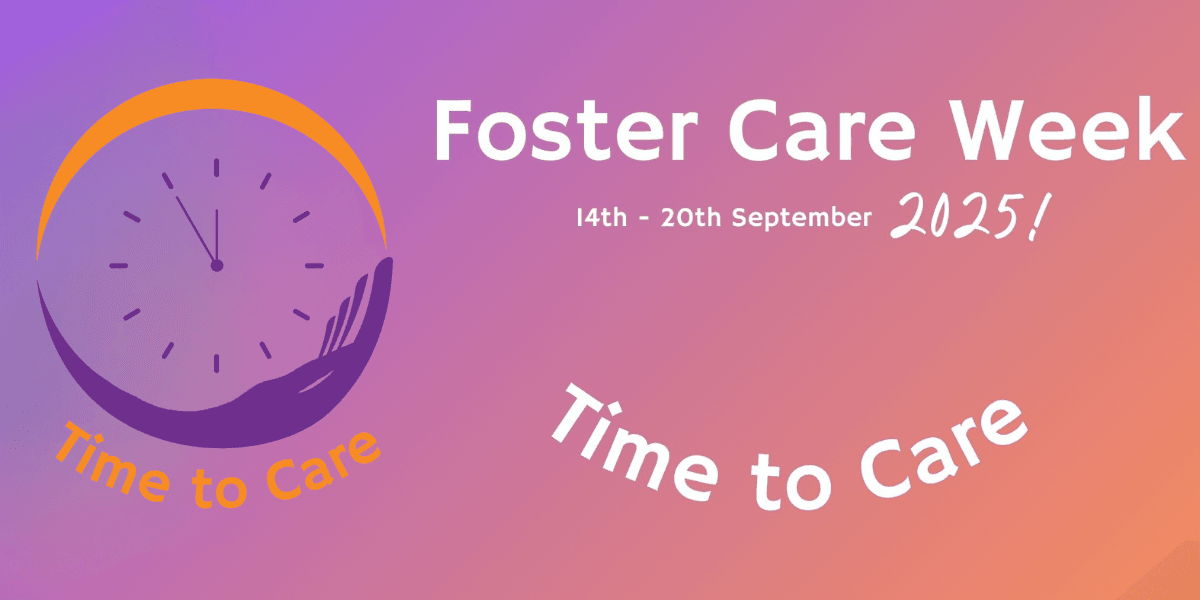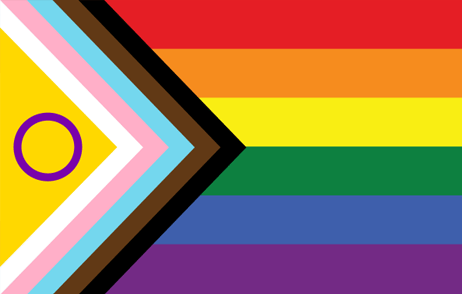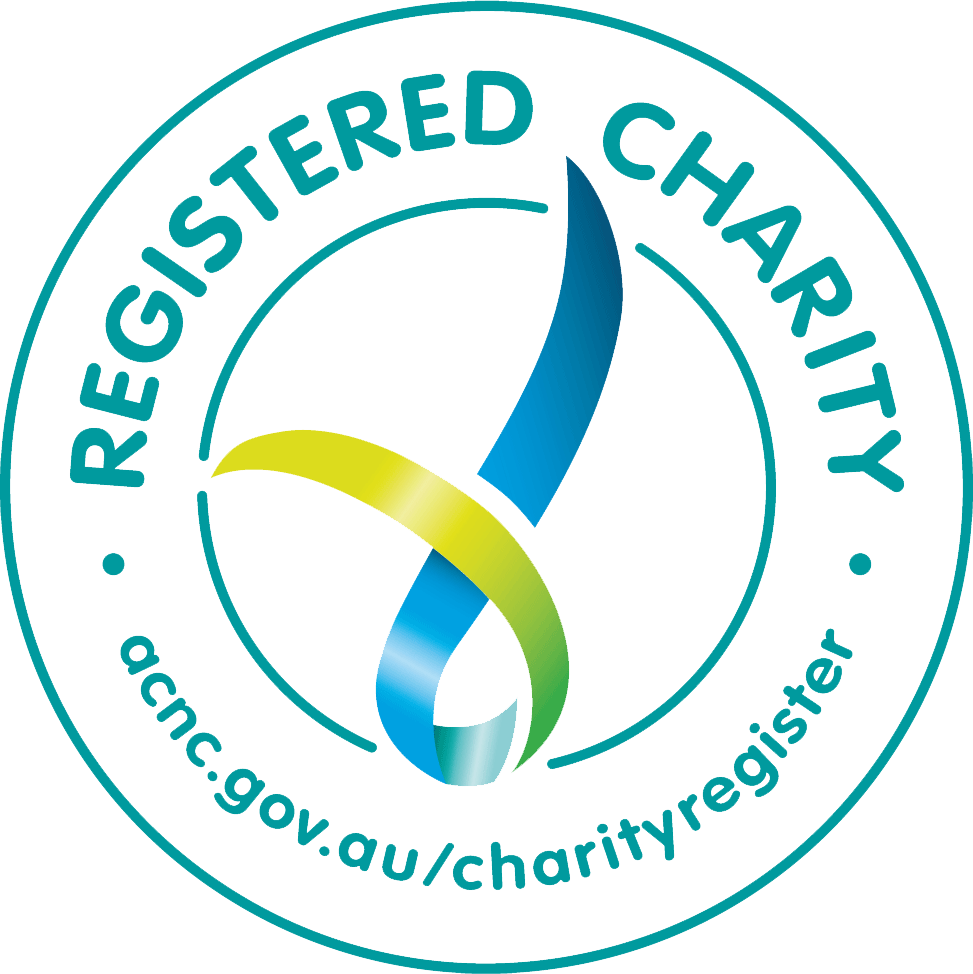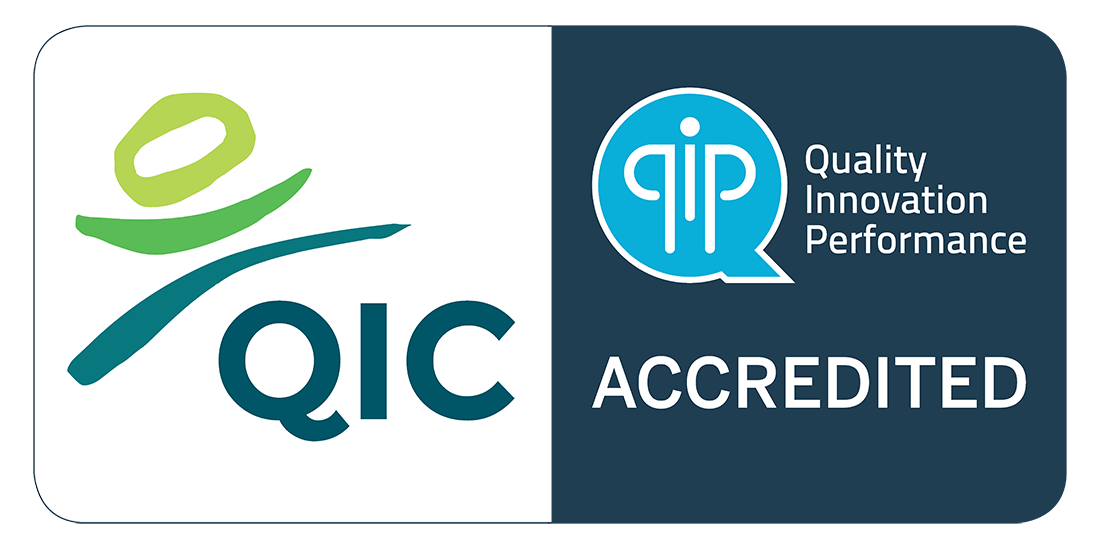A Growing Call for Foster Carers
Across Victoria, the foster care system is under immense pressure. Each year, more children and young people require out-of-home care, yet the number of households able to provide it is steadily declining. The need for foster carers has never been more urgent.
As of March 2025, Victoria’s foster care landscape looks like this:
- 1,546 active foster carer households
- 577 non-active carer households
- 238 carers in the accreditation process
In just the past year, there has been a 9% drop in active carer households—a loss of 137 families willing and able to provide care. Over the last four years, the combined total of active and non-active carer households has fallen by 15%, from 2,479 in 2022 to just 2,123 in 2025.
Between 2021 and 2024, Victoria saw 1,444 carers leave the sector, while only 1,187 new carers joined. This represents a net loss of 257 households—fewer safe places for children who need them most.
These numbers tell a stark story: unless more people step forward to become carers, too many vulnerable children risk missing out on the stability, love, and security they deserve.
Source: 2025 FCAV Snapshot Report
Why foster carers are so vital
Foster carers are the heart of the system, providing not only a roof overhead but also the sense of safety, belonging, and love that every child needs to thrive.
For children who have experienced trauma, foster care can be life-changing. A carer’s patience, consistency, and compassion can be the first step in helping them heal, grow, and reclaim hope for their future.
Liz’s Story: Fostering as a Single Carer
Liz has been fostering with Lighthouse since mid-2024, while also working full-time. As a single parent carer, she has opened her home to 7 children who needed safety and stability.
Her first placement began as an emergency stay and extended to three weeks. “It felt like a stretch in the best possible way,” Liz recalls. That first experience showed her both the challenges and the joy of fostering.
Some of her most treasured memories are the simple moments. She remembers teaching a young girl to ride a bike, spending weekends on puzzles and word games, and sharing her love of music. Our weekends were always full, rewarding, and fun,” she says.
There have also been moments that tested her. One situation in particular challenged her responses in ways she did not expect. With the support of Lighthouse, Liz worked through the difficulty and found that her relationship with the child grew stronger as a result.
For Liz, the support of Lighthouse has been essential in making fostering possible as a single carer. Her case manager has been “fantastic, knowledgeable, understanding and supportive,” and the team helps with practical tasks like school transport, which makes it manageable alongside her professional life. She also values the cultural training she completed with VACCA, which gave her a deeper understanding of the context for Aboriginal children in care.
Foster care, for Liz, is about making a contribution and being part of a wider community.
If children have adults who are invested in their growth, it allows them to develop confidence, build healthy relationships and, over time, self-esteem,” she says.
Her advice to others is simple. “Just start the journey. The training is excellent, the support is there, and if you are caring by nature, it all comes naturally. It is a very nourishing experience.”
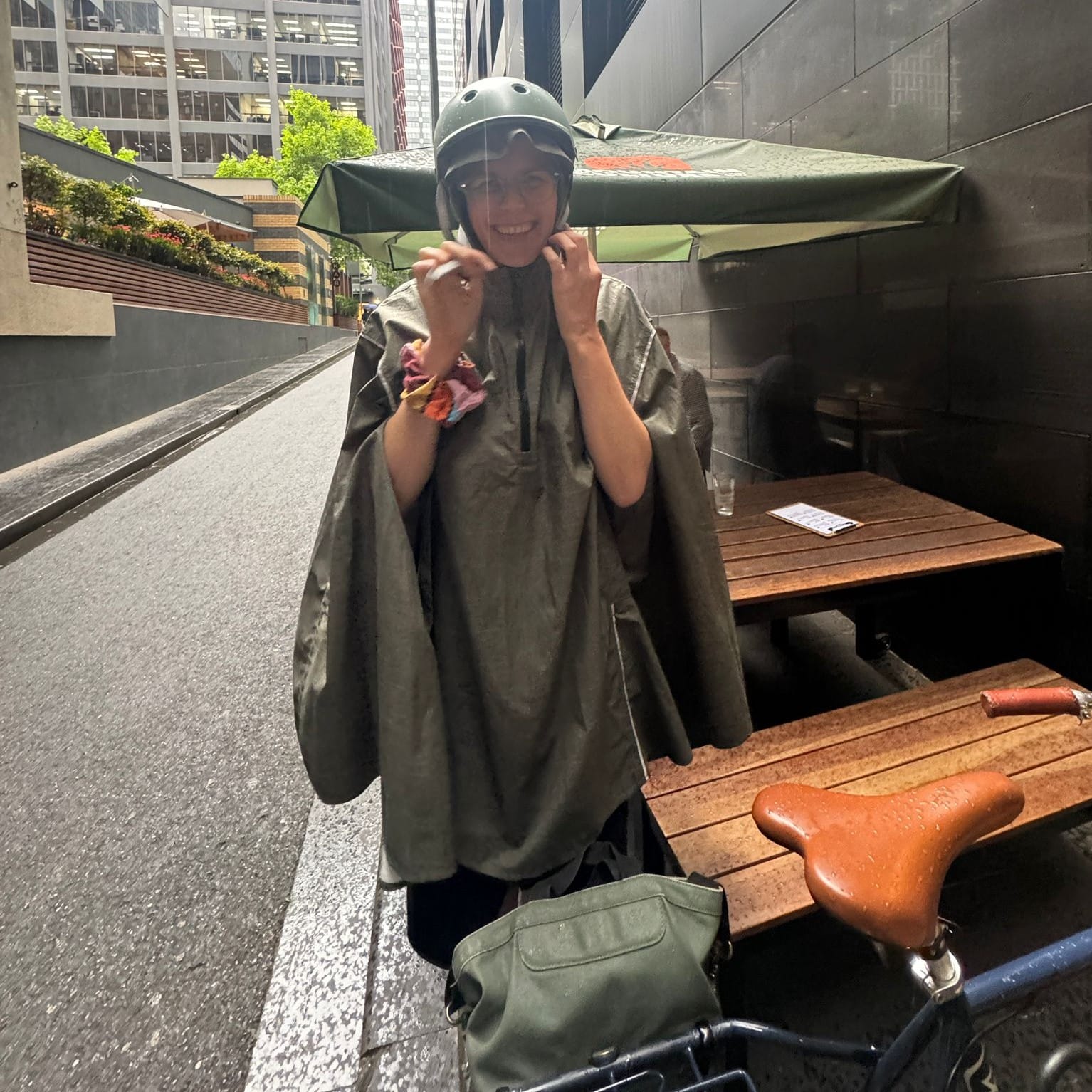
Our difference
At Lighthouse, we know that caring for a child takes more than goodwill — it takes a village. That’s why our foster care program is built around a unique model of support, with the Hub Home at its centre.
The Hub Home is a warm, welcoming space at the heart of our foster care community. It offers respite and sleepovers for children and young people, while also providing a place to connect with therapeutic carers who understand trauma and healing. Over time, it becomes a familiar “home away from home” where children and young people feel comfortable, supported, and safe.
For foster carers, the Hub Home is a vital source of connection; a space to share experiences, attend training, and take part in community events. It’s a hub of support, belonging, and togetherness for everyone involved in the Lighthouse foster care community.
Additional support available to foster carers
When you foster with Lighthouse, you are never alone. Our carers receive:
- 24/7 on-call support when they need it most.
- In-home coaching from Therapeutic Carers who role-model strategies in real time.
- Ongoing learning and development, including individual clinical supervision and group reflective practice.
- Community connection through Lighthouse volunteers and carer events.
- Access to Lighthouse’s trauma-informed model of care, developed over decades of supporting vulnerable children.
- Additional respite care, facilitated by therapeutic carers within our Hub Home
Could you make a difference in a child’s life?
All kinds of children need all kinds of carers. You don’t need to be a superhero to be a foster carer. All you need is a spare bedroom, an open heart, and the willingness to provide safety, care, and consistency.
This Foster Care Week, we invite you to consider whether foster care could be part of your story. By opening your home, you could change a child’s life, forever.
🧡 Enquire about becoming a foster carer with Lighthouse today.
